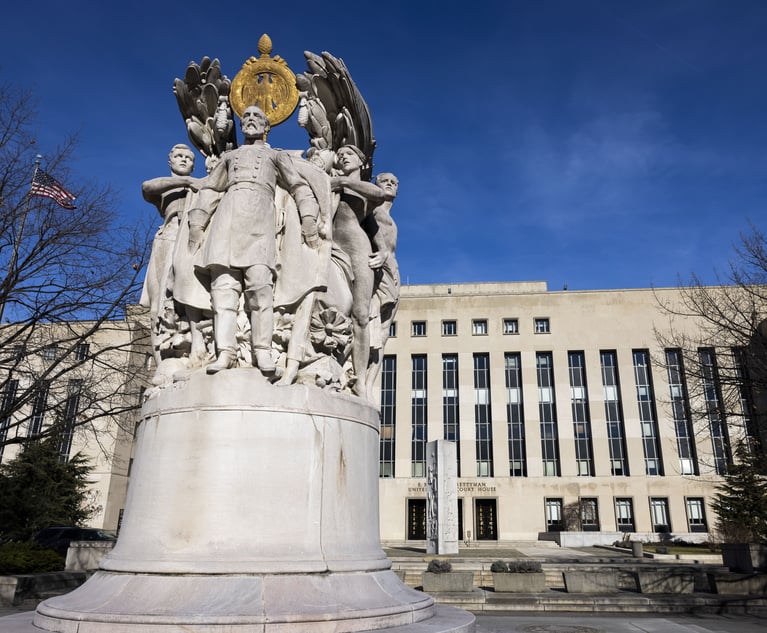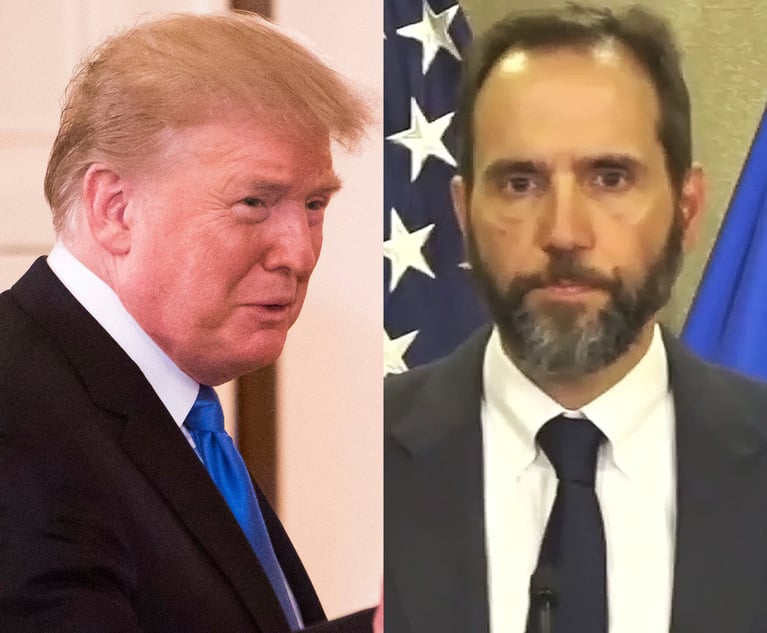In 2014, after reaching a settlement with a South Korean firm accused of paying bribes for Army contracts, U.S. Justice Department prosecutors headed to court to ask a federal judge to sign off on the agreement.
On that July morning, they were met with skepticism from U.S. District Judge Emmet Sullivan, who was then a 20-year veteran of Washington’s federal trial court. In a hearing that stretched into the afternoon, Sullivan questioned the “fundamental fairness” of the Justice Department’s deal with Saena Tech Corp., a deferred prosecution agreement under which prosecutors would drop the case if the company paid a $500,000 penalty, took steps to avoid future misconduct and cooperated with the government. But Sullivan seemed particularly struck by how the agreement extended what he termed a “sweetheart deal” for the firm’s founder, Jin Seok Kim, sparing him from criminal charges in spite of his admitted involvement in a bribery scheme that resulted in years-long prison terms for several others.

 Judge Emmet Sullivan of the U.S. District Court for D.C. (Photo: Diego M. Radzinschi/ ALM)
Judge Emmet Sullivan of the U.S. District Court for D.C. (Photo: Diego M. Radzinschi/ ALM)








